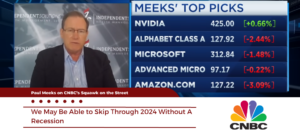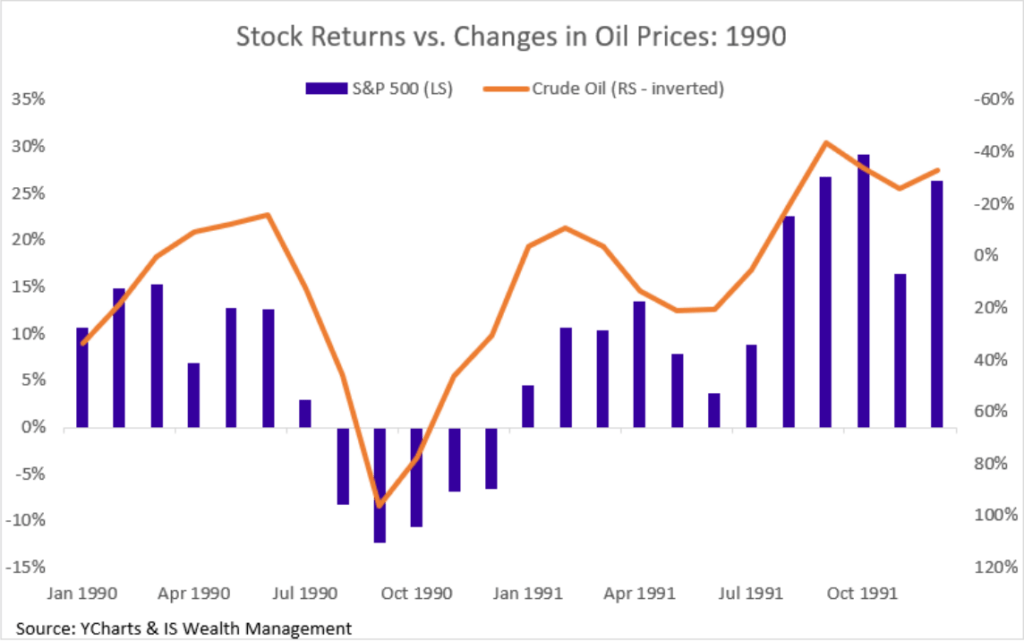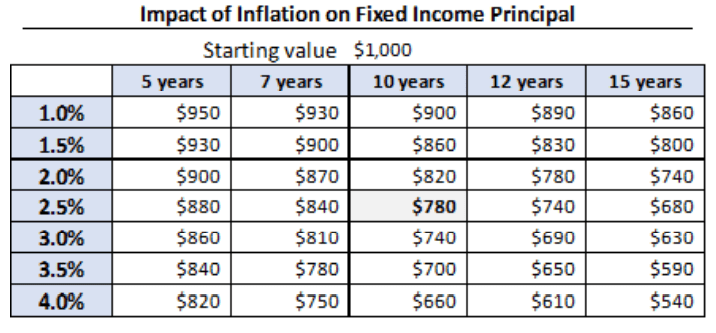
Paul Meeks on CNBC’s Squawk on the Street Explains We May Be Able to Skip Through 2024 Without A Recession
Investment Committee Member Paul Meeks was on CNBC’s Squawk on the Street to discuss his broad take on equity markets and government impact on certain stocks. Watch here!






